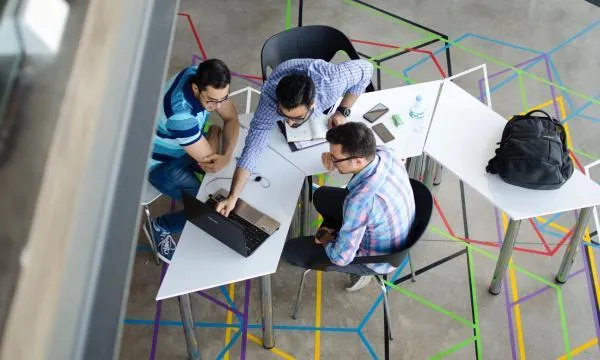
Future office spaces should cater to these 4 types of workers
The post-pandemic office will have to provide highly tailored solutions.
According to JLL, expectations of the workplace are radically different according to employees’ appetite for remote-working options.
JLL highlights four profiles of workers. Two of them are extreme in their needs: the Traditional office worker who wants to work exclusively in the office, and the Free Spirit who wants to escape from it as often as possible. They are not as different as one might suspect: both are less engaged and fulfilled than the average employee, not expecting a lot from their employer. The two intermediate profiles - the Experience Lover and the Wellness Addict - have extremely high expectations in terms of comfort and human experience.
Here’s more from JLL:
Traditional office workers
Traditional office workers are not convinced by the massive homeworking experiment. They tend to be reluctant to change and think that remote working is not suited to their job requirements or their working preferences. They are likely to work in industries with a high presenteeism culture and are quite traditional in their workstyle.
They did not practice work-from-home before the crisis and the office remains their favorite place of work; they go there to socialize but do not expect much more from their employer. They are quite passive in their attitude to their company and are inclined to be more detached than other worker types, neither really engaged nor fulfilled in their job. Traditional office workers tend to be more numerous among older employees (above 50 years old), big companies and non-managers.
Experience Lovers
Experience Lovers consider work-from-home as a great way to add flexibility to their working life and enhance their feeling of engagement, fulfillment and empowerment. They expect a moderate home working frequency: 1 or 2 days a week is the perfect balance for them. Their job tends to have management responsibilities and they enjoy going to the office to connect with others with whom they share a common DNA.
They value their work community and like being visible and rewarded. They also want to be looked after and consider the office as a key destination. Experience Lovers tend to be more numerous among managers, and to a lesser extent among employees below 50 years old and men.
Wellness Addicts
Wellness Addicts put their work-life balance and health first. They were already used to remote working patterns pre-pandemic and want them to continue, allowing a good equilibrium between their private and professional priorities to be achieved. They want to take care of their health and well-being through reducing their commute. When they do go to the office, they expect an extensive range of services.
They ‘consume’ the office, picking those working life facets they cannot find at home: well-being, culture and sports amenities, for instance. As their center of gravity is away from the office, they are likely to be more anxious about the future and to have a wait-and-see attitude; they are somewhat disenchanted. Wellness Addicts tend to be more numerous in the digital and tech industry.
Free Spirits
Free Spirits want full flexibility, and freedom is the only promise they expect from their employer. They are used to working remotely and love it because their family is a priority. They are the perfect candidate to live away from the city as they only go to the office when absolutely necessary.
They are also afraid of the virus and risk averse and expect their employer to maintain the new working routines imposed by the pandemic. Free Spirits feel more distant from their company and tend to be less engaged and less fulfilled by their job. They tend to be more numerous in big companies and among non-managers.
Get the full report here.




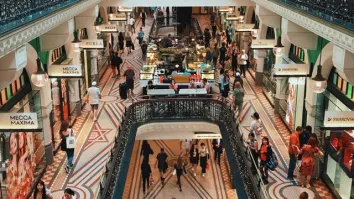
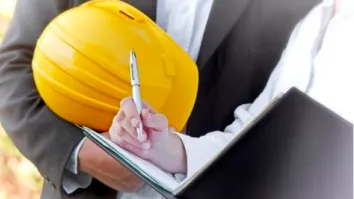
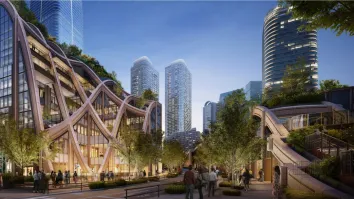
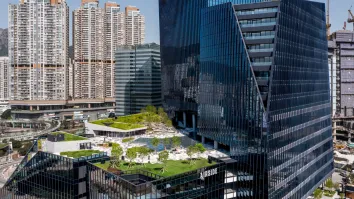

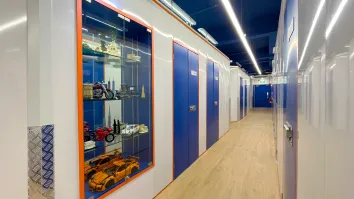

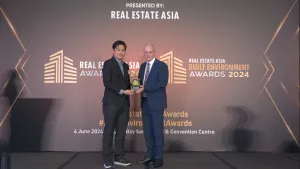

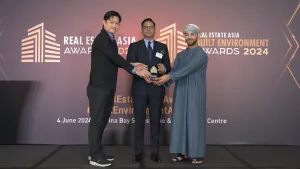




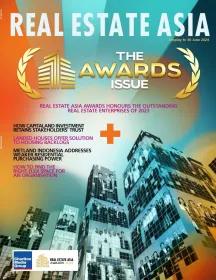
 Advertise
Advertise






